Discover and read the best of Twitter Threads about #philsci
Most recents (11)
To help me process the recent loss of @BrunoLatourAIME, let me give you some of my ‘hot takes’ on his work and how I read him. A thread 🧵1/ 

1) I am a strong continuist about Latour’s work. There is no break, whatsoever, in his work. No early break towards sociology of science. No later break towards ecology. No break with earlier practices of critique etc. From beginning ‘till end it is continuous. 2/
2) ‘Why has critique run out of steam?’ is perhaps the most misunderstood article by Latour. It is not a mea culpa, it is not a break with the past. The article was part of a set of publications on critique as an activity. 3/
bruno-latour.fr/sites/default/…
bruno-latour.fr/sites/default/…
New article:
“Exploratory hypothesis tests can be more compelling than confirmatory hypothesis tests.”
Published #openaccess in Philosophical Psychology @JournalPHP: doi.org/10.1080/095150…
#openscience #philsci #metascience
🧵👉
“Exploratory hypothesis tests can be more compelling than confirmatory hypothesis tests.”
Published #openaccess in Philosophical Psychology @JournalPHP: doi.org/10.1080/095150…
#openscience #philsci #metascience
🧵👉

Researchers often distinguish between:
1⃣ Exploratory hypothesis tests - unplanned tests of post hoc hypotheses that may be based on the current results, and
2⃣ Confirmatory hypothesis tests - planned tests of a priori hypotheses that are independent from the current results
1⃣ Exploratory hypothesis tests - unplanned tests of post hoc hypotheses that may be based on the current results, and
2⃣ Confirmatory hypothesis tests - planned tests of a priori hypotheses that are independent from the current results
This distinction is supposed to be useful because exploratory results are assumed to be more “tentative” and “open to bias” than confirmatory results.
We challenge this assumption and argue that exploratory results can be more compelling than confirmatory results.
We challenge this assumption and argue that exploratory results can be more compelling than confirmatory results.
I have been studying the future of science for 18 months now. In this thread, I will (slowly) list some of the insights gained thus far on the estimating of futures of science (EFS).
1. The goal of EFS is not so much to predict future discoveries and innovations as to (i) understand the structural features of the future, and (ii) critically engage with conceptions of science that shape the visions and actions for the future.
2. There are many interesting similarities between approaches in futures research and philosophy of science. For example, philosophy of science has provided insight similar to those provided by causal layered analysis (CLA).
Let me continue with my journey throughout French positivism! Today: Louis Rougier. Fascinating figure who brought logical positivism to France; laid the foundation of neoliberalism; and participated in secret diplomatic missions between Vichy-France and the UK during WWII 🧵 1/ 



Louis Rougier (1889 – 1982) is more or less forgotten. This despite (or because) the controversies during his lifetime; typically seen as far-right figure, mainly due to his connections with the Vichy Regime in WWII and later with the New Right in France (e.g. GRECE) 2/
Together with @MasiglioFicino, I published an article on Rougier in @hoposjournal where we correct this view. it is misleading to label him as ideologically right-wing. Instead, we highlight the history of his projects that led him to that route. 3/ journals.uchicago.edu/doi/10.1086/71…
As promised, a thread that collects all my threads about the history of French philosophy of science. I will add more in the future. It all started with a thread on Léon Brunschvicg #histsci #philsci #hopos 1/
I also did one on Émile Meyerson 2/
I am doing a series on history of French positivism, starting with Auguste Comte 3/
Currently reading some French positivism. Given the current ‘rediscovery’ of the political program of positivism of the Vienna Circle, it is important not to forget that French positivism also existed. Let me start today with Auguste Comte! A short thread. #philsci #hopos 1/ 
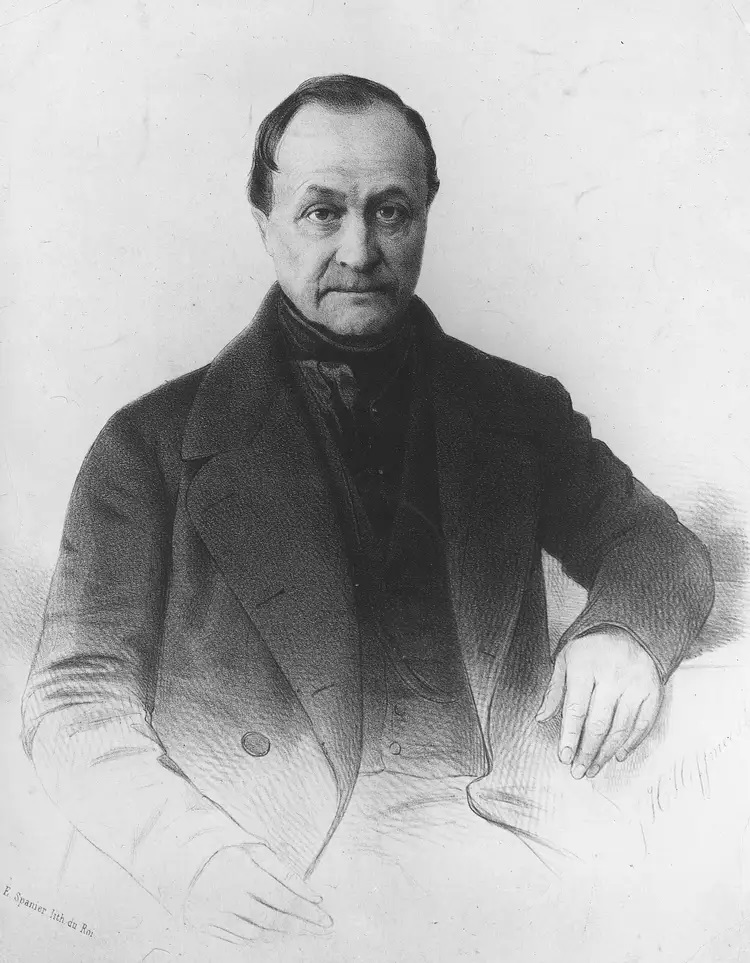
Positivism has always been political. Auguste Comte, the ‘father’ of positivism, introduced concept for political goal: to offer an alternative political program, avoiding both conservatism and the excesses of the revolutionaries (writing just after the French Revolution). 2/
Comte's main point was that French revolutionaries were not historical enough: they thought one could impose blueprint of utopian society on the world. But a vibrant industrial society had its own dynamics and laws. These could only be explored through historical examination. 3/
So, as promised: why Brunschvicg claimed “Aristotle had the mental age of an 8-year old.” This was not just a random insult, but highlights a complex, yet forgotten research program in early 20th century French philosophy of science. A thread... 1/17
Short answer: Jean Piaget! Psychology had a central role in early 20C French #philsci, an aspect that disappeared after WWII, when structuralism took over. Let's have closer look.. 2/ 
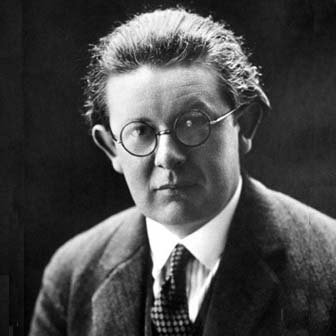
Let me start by saying something about Brunschvicg. Though forgotten now, he was one of the most influential French philosophers at the beginning of 20C. He competed with Henri Bergson for the title, and was typically seen as his ‘rationalist’ opponent. 3/
My contribution to an upcoming discussion forum on meta-social ontology (w. Lauer, Kincaid & Little) is out: journals.sagepub.com/eprint/5KTISX9… #yeah - tl;dr edition: social ontology should be done as #philsci in practice, or not @SocPhilSciPract @PhilSciArchive
Here is a link to @dlittle30's contribution: journals.sagepub.com/doi/full/10.11…
Both papers respond to Richard Lauer's "Is Social Ontology Prior to Social Scientific Methodology?" journals.sagepub.com/doi/full/10.11… - stay tuned for more
"Philosophy of science is alive and kicking, and in many aspects, of huge relevance to science today. The poor perception of the discipline means, however, that the potential benefits of collaboration between philosophers and scientists are largely being squandered.” #philsci /1
Agree that this is due to a large extent to institutional barriers & a lack of education & appreciation on part of the scientists. But also due to the idiotic productivity-centred academic funding & publishing system we have set up. Philosophical work no longer worth our time. /2
Speculative (I call them visionary) projects out of fashion. Risk-taking suicidal for young scientists. Interdisciplinary projects systematically underfunded, time-consuming, and less likely to succeed. This is a systemic issue. We need to change the system… /3
The KLI just hosted a Virtual #KLIColloquium open to the public! Exciting to see new faces! David Ludwig offered a unique blend of science engagement X philosophy to bring phil from the abstract to impact real world, social-environ issues. Here's /a thread/ summarizing his talk: 
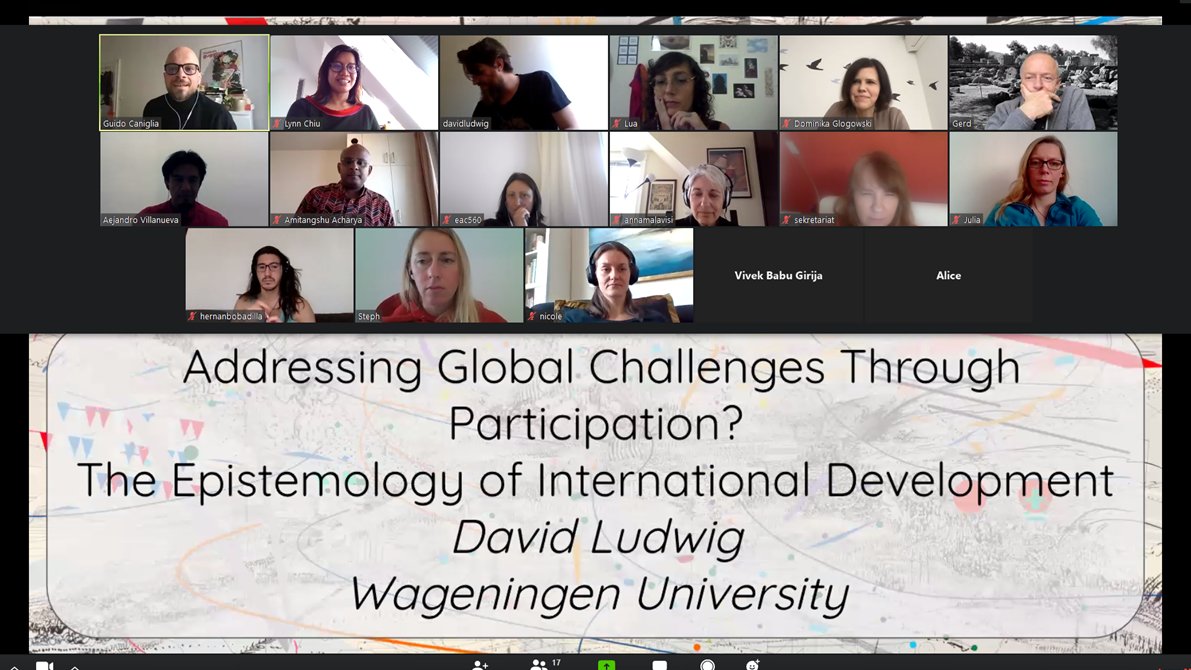
Sustainability development projects often fail because systems are complex &problems are wicked. A crucial source of failure is epistemic: not integrating local expertise. But how can we integrate diff ontologies, knowledge, values, esp those incommensurable with Western science? 



Ludwig shows how #philsci can help. Local & scientific knowledge are created & validated in different ways, intertwined with diff values &ontologies. How to proceed? We can't simply stack them up into one happy family. But no need to give in to nihilist incommensurability either. 
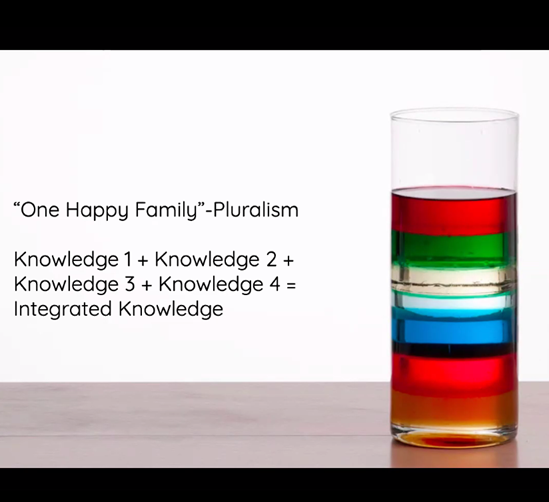
Just out in Biology & Philosophy: “Beyond networks: mechanism and process in evo-devo,” the first publication from a wonderfully productive collaboration with philosopher James DiFrisco.
researchgate.net/publication/33…
link.springer.com/article/10.100…
#philsci #evodevo
researchgate.net/publication/33…
link.springer.com/article/10.100…
#philsci #evodevo
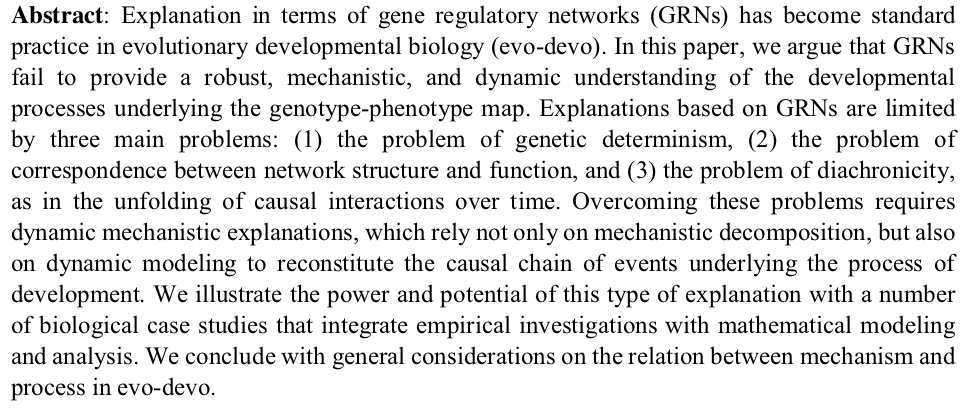
This paper should be of interest well beyond the field of #evodevo. Our argument applies equally to network-based explanations in systems biology. /1
The main point is that static representations of regulatory networks do *not* provide causal-mechanistic explanations for metabolic, physiological, developmental, behavioural, or other complex phenotypes. /2
